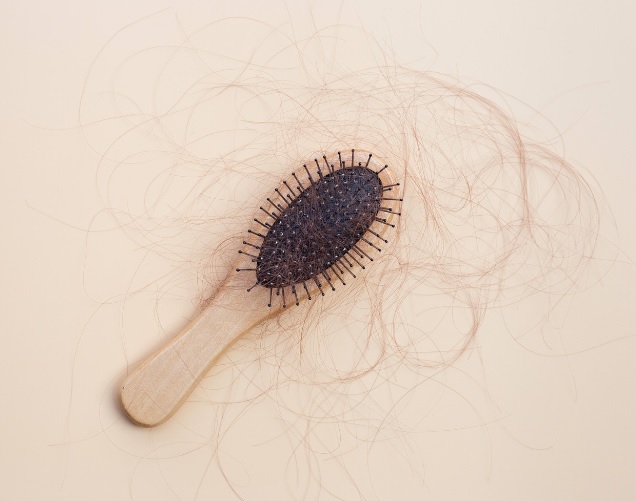Common causes of excessive hair loss during summer season
Hair loss in summer can occur due to a variety of factors. Here are the six most common reasons why so many men and women experience excessive hair loss during summer season:Increased exposure to sunlight
During summer, we spend more time outdoors, exposing our hair to the sun's ultraviolet (UV) rays. Excessive UV exposure can damage the hair cuticle, making it weak and brittle, leading to hair loss.
Heat and humidity
High temperatures and humidity levels can cause the scalp to become excessively sweaty and oily. This can lead to scalp inflammation, clogged hair follicles, and ultimately result in hair loss.
Seasonal shedding
Some individuals experience seasonal hair shedding, commonly known as telogen effluvium. This shedding occurs due to changes in the hair growth cycle, and it is believed to be influenced by factors such as changes in daylight duration and hormone fluctuations. Summer can trigger this shedding process in some individuals.
Chlorine and saltwater
Frequent exposure to chlorinated swimming pools or seawater can strip the hair of its natural oils and cause dryness. This can weaken the hair strands and make them more prone to breakage and hair loss.
Increased sweating
Sweating excessively during summer can lead to a build-up of sweat and sebum on the scalp. This build-up can contribute to scalp inflammation and hair follicle damage, leading to hair loss.
Diet and hydration
Poor nutrition and inadequate hydration can impact hair health. During summer, people may alter their diet or consume more processed and unhealthy foods, which can affect the overall health of their hair.
It's important to note that not everyone will experience hair loss during summer, and the extent of hair loss may vary among individuals. If you're concerned about excessive hair loss or changes in your hair's health, it's best to consult a healthcare professional for an accurate diagnosis and personalized advice.
It's important to note that not everyone will experience hair loss during summer, and the extent of hair loss may vary among individuals. If you're concerned about excessive hair loss or changes in your hair's health, it's best to consult a healthcare professional for an accurate diagnosis and personalized advice.
Ad.



Comments
Post a Comment